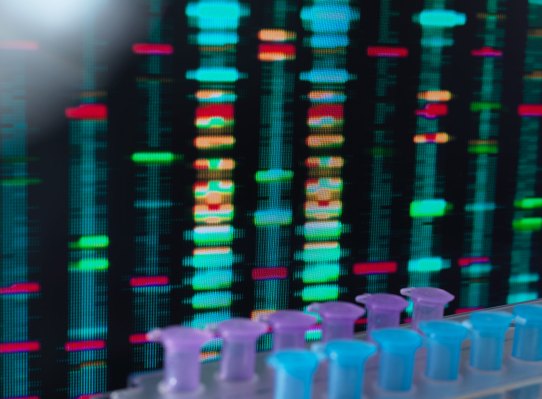
Pleasure within the user genetic sorting out market continues to level signs of slowing down.
In the past two weeks layoffs bear hit two of the largest user genetic sorting out companies — 23andme and Ancestry — with the latter announcing that it would possibly maybe perchance probably maybe maybe well slit its workers by 6% earlier currently, in a blog put up.
In her blogpost announcing the layoffs, Ancestry chief executive Margo Georgiadis wrote:
… over the final 18 months, we bear considered a slowdown in user question of all over your entire DNA category. The DNA market is at an inflection level now that nearly all early adopters bear entered the category. Future growth will require a persevered focal level on building user trust and modern new choices that vow even increased fee to of us. Ancestry is wisely positioned to e book that innovation to encourage extra discoveries in both Family Historic past and Nicely being.
Nowadays we made centered adjustments to higher jam our industry to these market realities. These are subtle choices and influence 6 p.c of our crew. Any adjustments that bear an impress on our of us are made with the utmost care. We’ve performed so in service to sharpening our focal level and investment on our core Family Historic past industry and the long-term different with AncestryHealth.
The switch from Ancestry follows job cuts at 23andMe in slack January, which noticed 100 staffers lose their jobs (or roughly 14% of its crew.
The genetic sorting out company Illumina has been warning of softness within the explain to user genetic sorting out market, as Alternate Insider reported final August.
“We’ve previously primarily based mostly our DTC expectations on customer forecasts, however given unanticipated market softness, we’re taking extra cautious survey of the different within the strategy-term,” the company’s chief executive Francis deSouza acknowledged in a 2d quarter earnings name.
Customers seem like waking up to the privacy concerns over how genetic assessments can also also be dilapidated.
“It’s seemingly you’ll maybe maybe well perchance also assassinate your bank card. It’s seemingly you’ll maybe maybe well perchance also’t swap your DNA,” Matt Mitchell, the director of digital security and privacy for the advocacy organization Tactical Tech, told Alternate Insider earlier within the one year.
And privacy laws within the U.S. bear no longer caught up with the reality of how DNA sorting out is being dilapidated (and will doubtlessly be abused), in line with privacy experts and actual students.
“In the US we bear taken to maintaining genetic knowledge individually in preference to the employ of extra general privacy laws, and a range of the of us that’ve regarded at it bear concluded that’s a extraordinarily creep idea,” Tag Rothstein, a laws professor at Brandeis and the director of the College of Louisville’s Institute for Bioethics, Nicely being Protection and Law, told Wired in Would perchance perchance.
The investigation into the “Golden Snort Killer” and the eventual arrest of Joseph James DeAngelo thanks to DNA proof light from an open provide genealogy plot called GEDMatch likely helped focal level buyers contemplating on the peril.
If that’s the case a relative of DeAngelo’s had uploaded their knowledge onto the plot and investigators chanced on a shut match with DNA on the crime scene. That knowledge became then correlated with other particulars to eventually heart on DeAngelo as a suspect within the crimes.
While user genetic sorting out companies shall be struggling, investors light ogle increasing promise in scientific genetics sorting out, with corporations love the publicly traded InVitae seeing its allotment ticket rally and the privately held company, Color, raising roughly $75 million in new capital from investors led by T. Rowe Be conscious.



